Toshiba has chosen a consortium formed by Bain Capital, Mitsubishi, and Japanese government investors as the preferred bidder for its memory chip business, effectively locking out a Foxconn-led consortium including the likes of Apple and Dell.
Aside from Bain, the selected bid — valued at 2 trillion yen, or over $17.9 billion — is being put forward by Mitsubishi UFJ Financial Group, the Development Bank of Japan, and Innovation Network Corp of Japan, a state-supported fund, Reuters said on Wednesday. Sources said that Bain in turn is receiving half of its financing from South Korean memory maker SK Hynix.
Toshiba is aiming to seal a deal by its June 28 shareholders meeting, and figures could still change. The greater obstacle however is another player involved in the auction, Western Digital, which jointly operates Toshiba's main chip factory, and has filed a legal action claiming Toshiba can't make a deal without its consent. A U.S. court hearing on an injunction request is scheduled for July 14.
The Japanese trade ministry is allegedly talking to Western Digital, hoping to convince it to join the winning consortium. The company is thought to be worried however that NAND chip technology could be leaked to SK Hynix, one of its rivals.
Toshiba is selling off its successful memory unit to cover billions in losses from its bankrupt U.S. nuclear division, Westinghouse. While other bidders were offering higher sums, the Bain/Japan consortium has implicit support from the government — which should not only speed up the sale process, but temper concerns about critical technology leaking out of country, and ensure help with plans such as decommissioning Japanese nuclear power plants.
Foxconn chairman Terry Gou confirmed Apple and Dell's participation earlier this month. Kingston was also cited as a consortium partner — Amazon, Cisco, Google, and Microsoft, meanwhile, were cited as potential backers.
Foxconn is Apple's main assembly partner, and also owns Sharp, an Apple display provider. If the Foxconn consortium had won, that might have helped Apple and other associated bidders secure steady memory supplies for devices like iPhones.
 Roger Fingas
Roger Fingas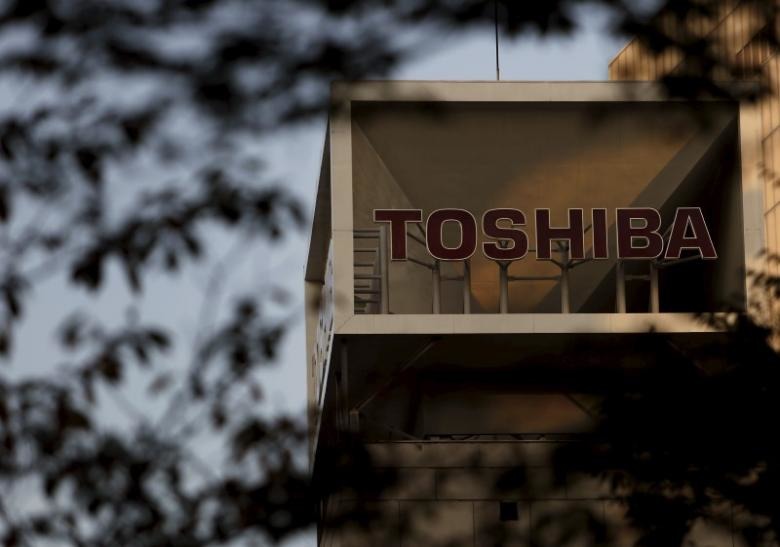
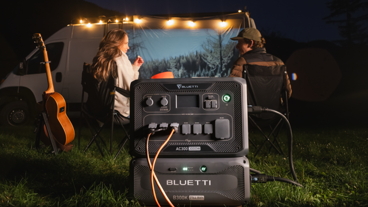
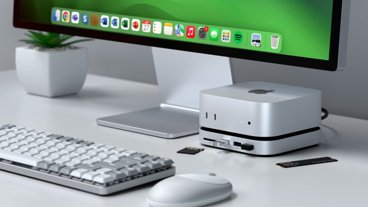





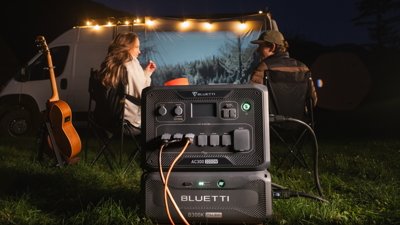
 Sponsored Content
Sponsored Content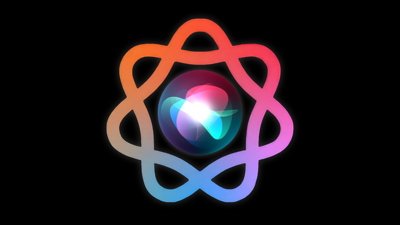
 Wesley Hilliard
Wesley Hilliard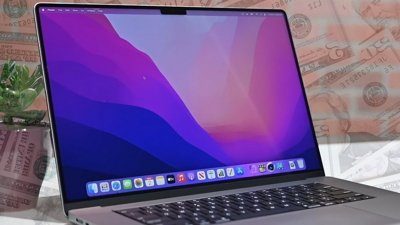
 AppleInsider Staff
AppleInsider Staff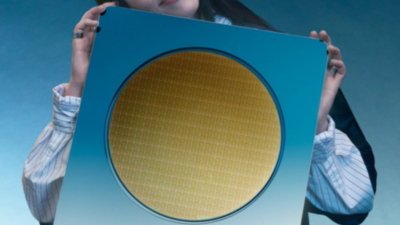
 Andrew Orr
Andrew Orr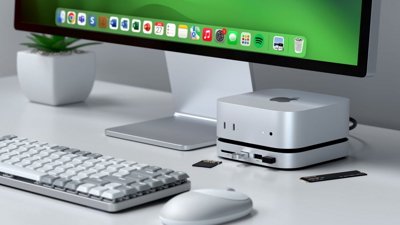
 Amber Neely
Amber Neely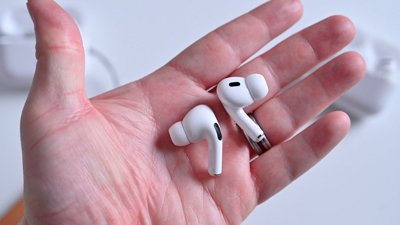
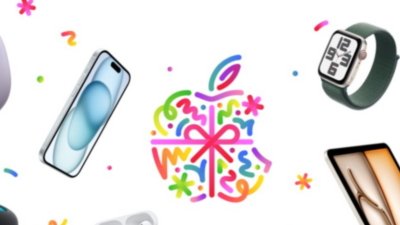
 William Gallagher
William Gallagher









3 Comments
Great. Competition is good. Apple should use the best SSD available for each device release when released. Now the gold standard is Samsung V-NAND SSD by a large difference. Check out for instance Samsung 960 PRO SSD (internal) and Samsung SSD T3 (portable). The latter is so amazing that keeps cold even when booting Mac and working from it all day long. Really remarkable.
Well, that just sucks. I was hoping Apple could maybe get a little side-business to boost revenue a bit. As usual, another letdown where even having money to spend doesn't help them. I had always thought Japan was at odds with S. Korea and here they are basically giving away a business to S. Korea. If Apple doesn't need to spend any money on this bid, then maybe they can put the money to good use elsewhere like possibly a battery company. It just seems as though Apple could surely use a steady supply of memory as those component requirements continue to grow every year.
Apple can still secure a steady supply of RAM -- it just might cost a little more.